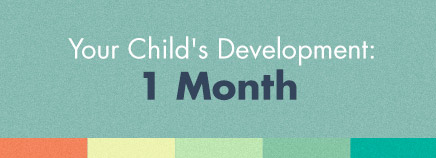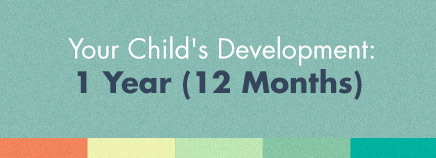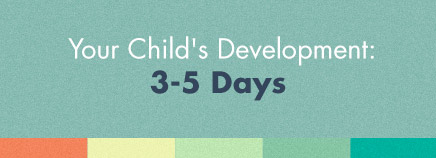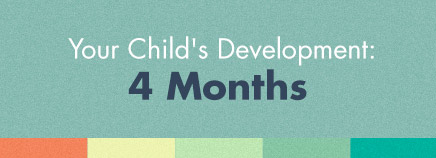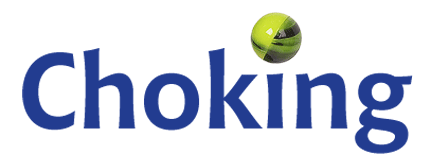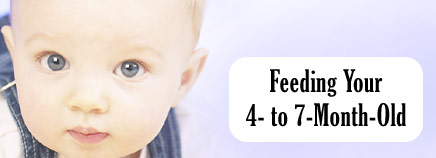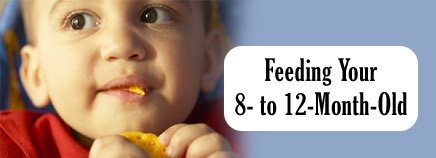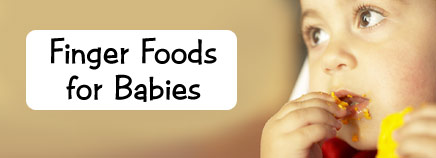Have you ever noticed how your baby’s tiny fingers instinctively curl around yours and close into fists? Or how he or she startles with a loud noise? These and other primitive reflexes were present at birth and will become less noticeable as your baby grows. Doctors use certain milestones to …
Your Child’s Development: 1 Year (12 Months)
Your little one is now a toddler — and with this stage comes newfound freedom. If your toddler isn’t walking yet, he or she will be soon. Walking offers chances for exploring areas that were previously out of reach, and for practicing independence. Doctors use certain milestones to tell if a …
Your Child’s Development: 3-5 Days
Though only a few days old, your baby already is able to interact in some ways. When alert, your baby will likely focus on your face. Babies are especially drawn to higher-pitched voices, so give into that urge to use “baby talk.” You are introducing your baby to language and …
Your Child’s Development: 4 Months
Babies this age are learning how to interact with the world around them. To get your attention, your baby might cry, fuss, or squeal. To get a better view of the room, babies may use newfound strength to pull up on their arms while lying on the belly. Doctors use …
Your Newborn’s Growth
From your baby’s first day, doctors will keep track of weight, length, and head size. Growth is a good indicator of general health, and babies who are growing well are generally healthy, while poor growth can be a sign of a problem. How Big Are Newborns? Just like adults, newborns come …
Can I Feed My Baby Honey?
I’ve heard that I shouldn’t feed my baby honey. Is this true? – Cait Yes, babies younger than 1 year old should not be given honey. Clostridium bacteria that cause infant botulism usually thrive in soil and dust. However, they can also contaminate certain foods — honey in particular. Infant …
Choking
When a child is choking, it means that an object — usually food or a toy — is stuck in the trachea (the airway), keeping air from flowing normally into or out of the lungs, so the child can’t breathe properly. The trachea is usually protected by a small flap …
Feeding Your 4- to 7-Month-Old
Most babies this age are introduced to solid foods. Experts recommend gradually starting solid foods when a baby is about 6 months old, depending on the baby’s readiness and nutritional needs. Be sure to check with your doctor before giving any solid foods. Is My Baby Ready to Eat Solids? How can …
Feeding Your 8- to 12-Month-Old
By about 8 months old, most babies are pros at handling the iron-fortified infant cereals and the pureed foods that have been introduced as part of their diet along with breast milk or formula. Over the next few months, they start to explore table foods. Changing Eating Habits As you …
Finger Foods for Babies
Until now, feeding your baby has been your job. But as your baby gets older, your little one will want to do this more and more on his or her own. When babies begin feeding themselves — a new task most really enjoy — they’ll find that they like trying …

